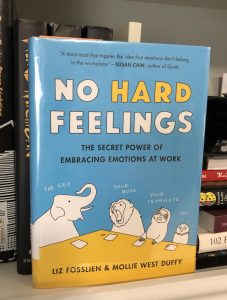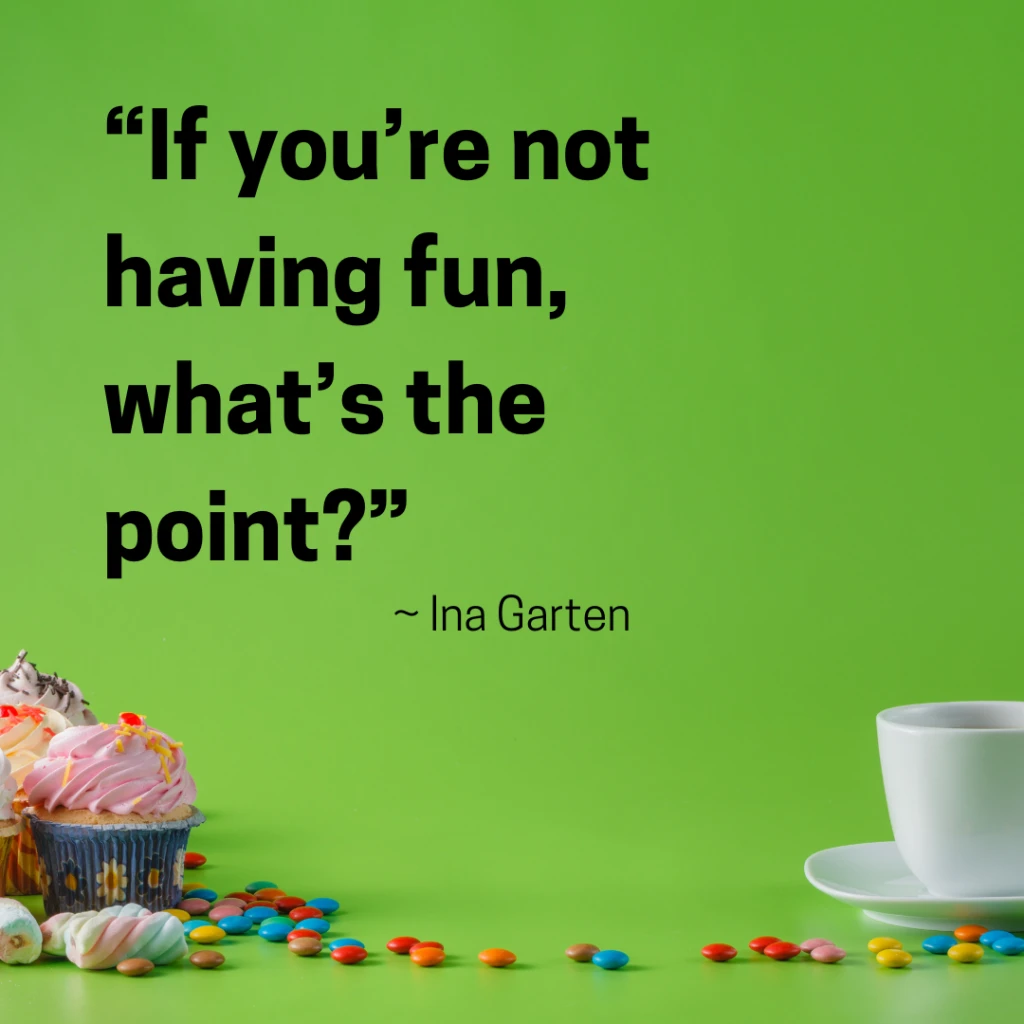
My February ‘What Are You Reading’ list includes a clever book called “No Hard Feelings – The Secret Power of Emotions At Work”. Emotional Intelligence (EQ) ranks high on my list of development topics so I figured this was a great place to start and I was not disappointed.
Where this book trips me up though is in the title. ‘Secret Power’ is always a giveaway that this is going to a series of strategic tips to up your game the supposed ‘easy way’. The easy way is generally never easy in my experience. I was pleasantly surprised though that the authors Liz Fosslien and Mollie West Duffy did just that by how they structured the book and content. That said, the advice they give isn’t a series of shortcuts. What they lay out for the reader are some really hard yet relatable truths that are going to take some courage and determination on the reader’s part to implement.
Fortunately, they put them all together in a way that’s easy to refer back to. Here’s the run-down and my spin on what I’ll call their ‘system’ which they call The New Rules of Emotion at Work. This is by no means comprehensive and it’s my take on their points- read this book to get the full picture. It’s time well spent!
- Health: This is what I frequently refer to as ‘boundaries’ with clients. Work to live, don’t live to work. If you’re leaving vacation days unused at the end of the year or skipping breaks to get more done- STOP! Stress is the body’s way of telling you to slow down through emotional feedback.
- Motivation: If you think this is your manager’s job (or your job if you’re the manager) then I hate to tell you this but you’re wrong. Why? Because motivation is an inside job first. When motivation does from outside comes in the form of activating your Fight or Flight system and that’s is a really, really bad to get things going. Seek out inspiration to fuel your day because that will make it not only more enjoyable but also easier.
- Decision Making: Science tells us that even our supposedly rational brain heavily relies on emotion. Learn about EQ so you can understand the role emotions are designed to play and how to leverage them. Emotions and EQ will help you make better decisions if you know how to play them.
- Teams: Nothing gets done without others. This means a conflict of opinions and opposing agendas is going to happen, so learning to use them to get along with others despite differences is critical to any team’s success. You might think you learned how to do this in Kindergarten, but grown-ups far more complex than 5-year-olds and still as emotionally, so investing in knowing how to handle others pays off.
- Communication: To get your message across so that it’s understood involves a lot of empathy and clear, concise delivery. Learning how to talk to people is about learning to speak so they listen and act. That means learning what they’re feeling.
- Culture: Culture is like a pond and every personal action impacts it like a pebble thrown into it, making ripples flow out from where the surface was broken. Culture on an organizational scale is like a hailstorm hitting the water and ripples are intersecting a breakneck pace. What you’re putting out emotionally influences all the other ripples. Everyone impacts culture. Try to overwhelm the negatives with the positives and get others to join in with you.
- Leadership: Every manager’s favorite topic these days. Gone are the authoritarian days of ‘do as you’re told’ in favor of following a person’s vision (at least we hope so). That vision has got to be emotional to have an impact and as a leader
you’re modeling the emotional behavior of your group. Tread wisely yet boldly.
So, if you’re building an organization or even a personal development plan, this is a fantastic structure to build from. Check out the book and you’ll be sure to add it to your Leadership bookshelf.


